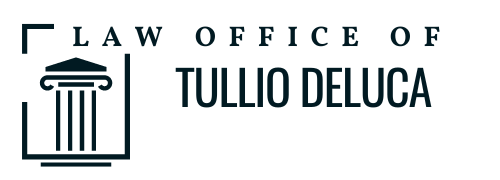How to Qualify for Chapter 7 Bankruptcy in Pennsylvania
How to Qualify for Chapter 7 Bankruptcy in Pennsylvania
If you're overwhelmed with debt and unsure where to turn, Chapter 7 bankruptcy may provide the relief you need. At Tullio DeLuca Attorney, we assist individuals and families in Scranton, Pennsylvania, who are struggling to regain control of their finances. This guide will walk you through the key requirements to qualify for Chapter 7 bankruptcy and help you understand whether it’s the right solution for your situation.
What Is Chapter 7 Bankruptcy?
Chapter 7 bankruptcy is often referred to as “liquidation bankruptcy.” It allows qualifying individuals to discharge most unsecured debts, such as credit cards, medical bills, and personal loans. In exchange, a bankruptcy trustee may sell non-exempt property to pay creditors. However, many filers can keep essential assets through Pennsylvania’s exemption laws.
Step 1: The Means Test
The primary eligibility requirement for Chapter 7 is the means test. This test compares your income to the median household income in Pennsylvania for your household size. If your income is below the median, you typically qualify.
If your income is above the median, you may still be eligible depending on your monthly disposable income after subtracting allowed expenses (like rent, food, and utilities). If your disposable income is too high, Chapter 13 may be the more appropriate bankruptcy chapter.
Step 2: Credit Counseling Requirement
Before filing, you must complete a credit counseling session from an approved provider within 180 days. This ensures you understand alternatives to bankruptcy and are making an informed decision.
Step 3: Previous Bankruptcy Filings
You cannot file for Chapter 7 if you received a Chapter 7 discharge within the past 8 years or a Chapter 13 discharge within the past 6 years—unless certain hardship exceptions apply.
Step 4: Honest Financial Disclosures
Full transparency is required. The bankruptcy court will expect complete disclosure of your:
- Income and expenses
- Assets and debts
- Recent financial transactions
Falsifying or hiding information could result in case dismissal or criminal penalties.
Step 5: Asset and Exemption Considerations
Pennsylvania law allows you to use either federal exemptions or state exemptions, depending on which protects more of your property. Most Chapter 7 filers can retain:
- Their home (within certain equity limits)
- A car
- Household goods
- Retirement accounts
- Some personal injury awards
Understanding what assets are exempt is crucial before filing.
Speak with a Bankruptcy Attorney in Scranton
Chapter 7 bankruptcy can be a powerful tool to reset your financial life—but it’s not right for everyone. If you’re considering filing, it’s important to consult with a knowledgeable attorney to evaluate your eligibility and guide you through the process.
At Tullio DeLuca Attorney, we provide compassionate and informed legal support to residents of Scranton and surrounding communities. Let us help you explore your options and take the first step toward a fresh financial start.











